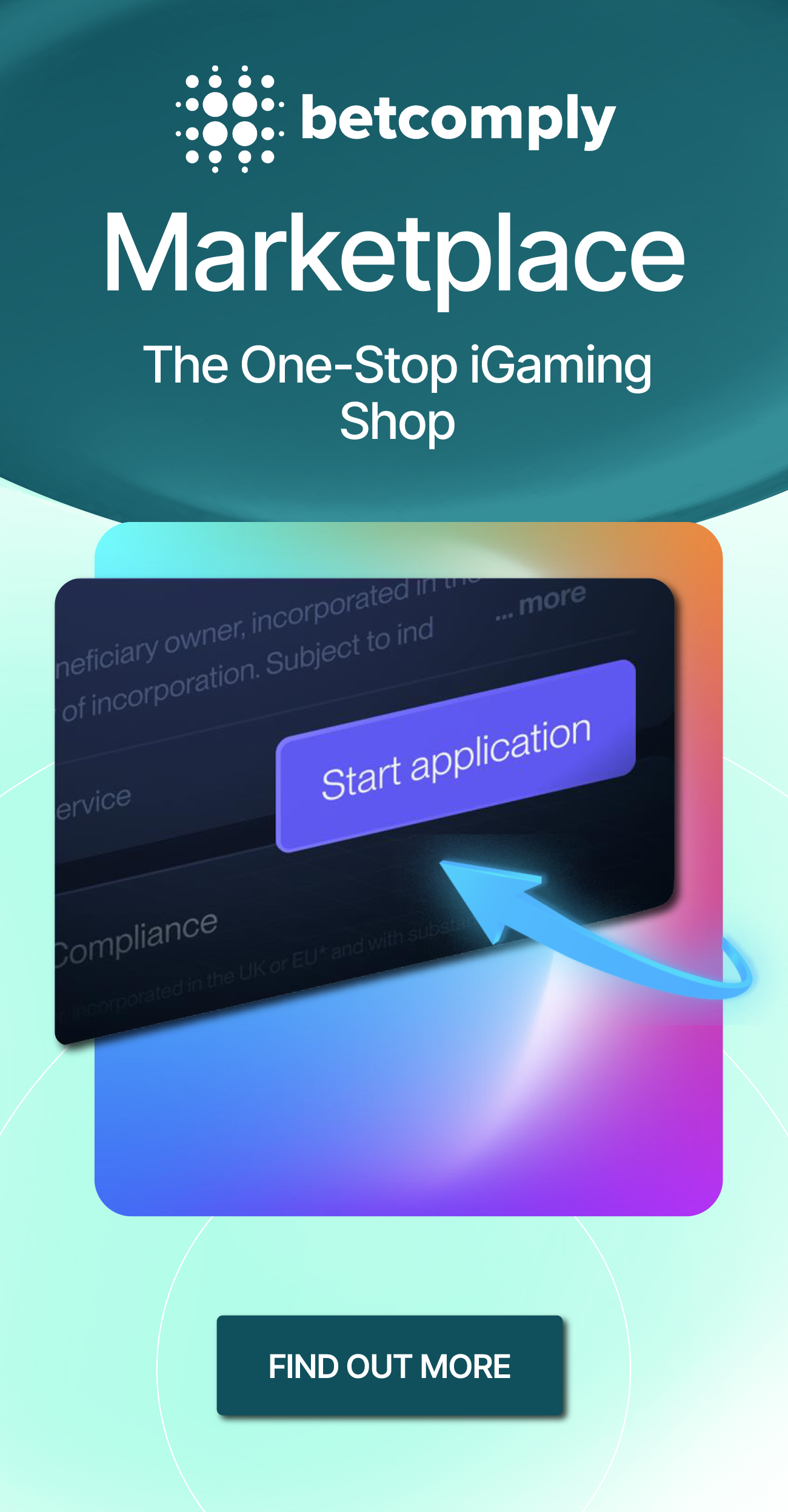The EU Accessibility Act will push operators to think beyond compliance and build platforms that support cognitive and emotional wellbeing, says Simone Luurs, addiction prevention consultant at BetComply.
The EU Accessibility Act came into force at the end of June, and its impact over the coming months and years is going to be profound.
Operators are now required to ensure their digital services are accessible not just physically, but cognitively and emotionally as well.
This is not just a regulatory box-ticking exercise, but a real opportunity for our sector to rethink how we design safer, more supportive platforms for people who may be more vulnerable to harm. This includes young adults, those with mental health challenges and neurodivergent players.
The EU Accessibility Act expands the definition of digital accessibility to include cognitive load, clarity of information and emotional usability.
For iGaming platforms, that means asking some new questions.
Is your platform calm and easy to use? Can people take a break when they need to? Are your messages clear and respectful? If we want to build something truly inclusive, we need to think about how every type of mind experiences the game.
These aren’t abstract UX debates. For people with a trauma background, ADHD, autism or other mental health challenges, small design choices can have an outsized impact. Now it falls on operators to consider this.
Let’s be honest. So far, there’s been very little work in this area.
Few operators have made serious efforts to engage mental healthcare professionals. That needs to change.
Not only because regulation is tightening but because this is an opportunity to create platforms that are safer, more intuitive and more human for everyone.
The Netherlands will be at the forefront of this process. The country’s regulator, the Kansspelautoriteit (KSA), already has a wider-ranging interpretation of the concept of ‘duty of care’ than most.It’s likely the KSA will begin asking operators to actively collaborate with mental health professionals, and possibly even integrate them into their responsible gaming and compliance teams.
That would be a significant step forward. Right now, there is virtually no formal collaboration happening between operators and the mental healthcare field. It is a gap that needs bridging.
From compliance to care
So, what can operators do today to begin bridging that gap?
Firstly, I’d simply urge them to talk to the people who understand these issues.
I’m not just speaking about designers and developers, but those with lived experience of ADHD, autism, trauma, or other conditions that can affect cognitive and emotional processing. Ask hard questions about how your site feels under stress, especially for users who may already be in a heightened emotional or vulnerable state.
Secondly, bring in mental healthcare expertise. Whether through formal partnerships or internal hires, therapists and psychologists can help teams spot red flags early.
They can also train staff to have clearer, more empathetic conversations with players, especially those showing signs of distress or escalation.
Communication is often where things go wrong. In my own background in mental healthcare, I’ve seen how signs can be missed simply because staff don’t know what to look for.
Effective responsible gaming means getting to know the person behind the play. It also means understanding not just the data, but the emotional landscape behind it.
Regulators are tightening expectations around this. Duty of care is no longer a vague principle but= rather it is becoming a clearly defined operational obligation. Operators need to be ready.
To me, RG is not just a policy. It is a way of looking at people. In my work, I see it all the time. Behind every gambling pattern, there is a story. Often it’s not just about entertainment, but about coping with stress, managing emotions or trying to feel in control when life feels chaotic.
Many professionals in the gaming sector genuinely want to support players, but often lack the right tools or background. The new EU Accessibility Act brings a chance to improve.





